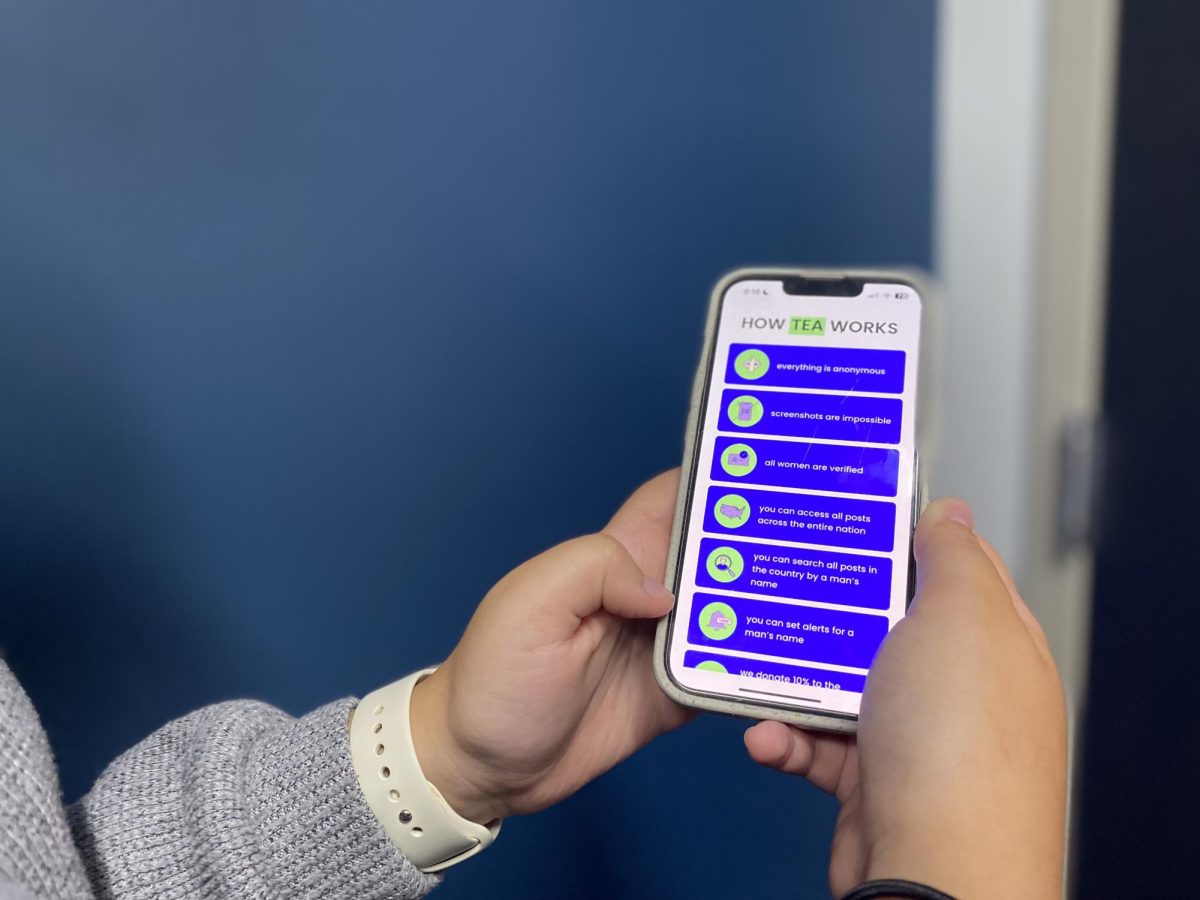Optimism around the nation is surging with immunization efforts underway. For many students at Clemson, the time has come to decide whether to get vaccinated or not. Questions swirl: Which COVID-19 vaccine is best? Are the vaccines effective? Are they safe? Are there side effects to the vaccine? Why do some people have worse side effects than others?
To get vaccinated or not is a tough choice to make, especially since the vaccines have been released quite soon after the pandemic began. With so many questions and unknown long-term outcomes, it is scary for some to get something injected into their body. So, let me debunk some of the myths surrounding COVID-19 vaccines and tell you why they are worth it.
So, are COVID-19 vaccines safe? Yes, and they are effective. No vaccine is released until it has passed the same strict scientific and clinical tests that all vaccines released are held to. The COVID-19 vaccination will help keep you from getting the virus.
You may have minor side effects after vaccination, but these are normal. These side effects near the site of the shot include pain, redness and swelling. Other physical side effects include fatigue, headache, muscle pain, chills, fever and nausea. There are also reports of the COVID-19 vaccine reacting to different medications. So, talk to your doctor before signing up to get vaccines to see if any are right for you. It typically takes two weeks after you are fully vaccinated for the body to build protection against the virus that causes COVID-19.
As the United States seeks to end its coronavirus crisis and fight the follow-up strand, public health officials realize that it is critical for as many people to get vaccinated as possible. Making that easy is a significant part of the plan. According to the Coronavirus Aid, Relief, and Economic Security Act, the vaccine is supposed to be accessible to everyone, whether they’re insured or not. With more and more vaccines becoming available and more and more people receiving their shots, South Carolina can now open vaccines to anyone 16 and older.
There are plenty of reasons not to get vaccinated, including religious and health reasons and just the uncertainty surrounding the long-term effects. This surrounds any vaccine, and we know one thing: they will not turn you into a zombie. However, if you are concerned about the long-term effects of the COVID-19 vaccine, you should do your research and talk to a trusted healthcare provider or advisor to determine which course of action is right for you.
People are ready to hug and see their loved ones again. For some, it has been more than a year since they have been able to do so. The accessibility and opportunity to get vaccinated means that people will be reunited with those loved ones soon. So, look into the different options of the COVID-19 vaccines and talk to a healthcare provider so that you can do the right thing for yourself as we enter this -hopefully- final stretch of the coronavirus pandemic.









